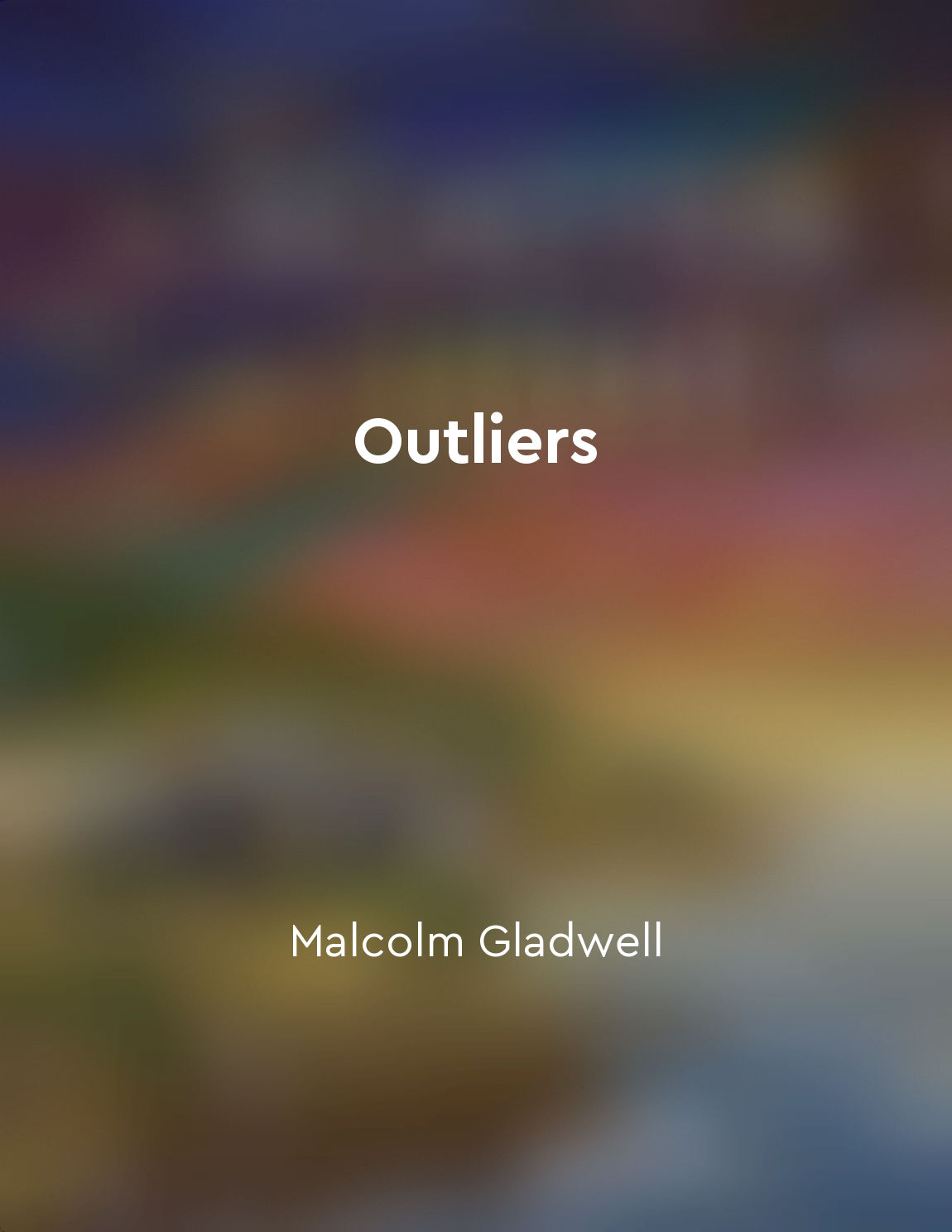Stereotypes harm marginalized communities from "summary" of So You Want to Talk About Race by Ijeoma Oluo
Stereotypes are not just harmless assumptions or casual jokes. They have real consequences, especially for marginalized communities. These harmful stereotypes can shape how we see others and how we treat them. They can lead to discrimination, bias, and even violence. When we buy into stereotypes, we are buying into a distorted view of reality that only serves to uphold systems of oppression. Stereotypes are often rooted in racism, sexism, homophobia, and other forms of discrimination. They are used to dehumanize and degrade entire groups of people. These stereotypes can be internalized by those who are targeted, leading to feelings of shame, self-doubt, and low self-esteem. This can have a devastating impact on individuals and communities, perpetuating cycles of poverty, violence, and injustice. Marginalized communities are particularly vulnerable to the harmful effects of stereotypes. They are already disadvantaged by systemic inequality and discrimination. Stereotypes only serve to further marginalize these communities, making it harder for them to access opportunities, resources, and support. Stereotypes can also shape public policies and social attitudes, reinforcing harmful stereotypes and limiting the ability of marginalized communities to thrive. It is important to challenge stereotypes and to actively work towards dismantling them. This requires a willingness to listen to the experiences of those who are impacted by stereotypes, to educate ourselves about the history and impact of stereotypes, and to speak out against stereotypes when we encounter them. By doing so, we can create a more just and equitable society where everyone is treated with dignity and respect.Similar Posts

Loss aversion can drive decisionmaking and behavior
When faced with making a decision, people often consider the potential losses more heavily than the potential gains. This pheno...

The Trail of Tears remains a dark chapter in American history
The Trail of Tears was a tragic event in American history that resulted in the forced relocation of thousands of Native America...
Cultivate a culture of respect
Respect is not just a word; it is a way of life. It is about treating others the way we want to be treated. It involves recogni...
Curiosity drives innovation and progress
Curiosity, as I see it, is the spark that ignites the flames of innovation and progress in our world. It is the driving force b...

The concept of "cultural legacies" and how they shape individual behavior
Cultural legacies play a crucial role in shaping individual behavior. These legacies are deeply ingrained in our upbringing, in...
Men tend to prioritize independence
Men, in general, have a natural tendency to prioritize independence in their lives. This means that they often prefer to handle...
Women's stories are integral to a more inclusive narrative
Throughout the pages of 'A Room of One's Own/Three Guineas', Virginia Woolf emphasizes the importance of women's stories in sha...
Corporate power threatens democratic ideals
The relentless grip of corporate power is a grave threat to the very core of democratic principles that underpin our society. T...
Feminism is a movement for justice
Feminism is a movement for justice because it advocates for gender equality. It is not about hating men or trying to make women...

Marginalization erodes selfworth
The feeling of not belonging, of being pushed to the edges, can have a devastating effect on one's sense of self. It chips away...

